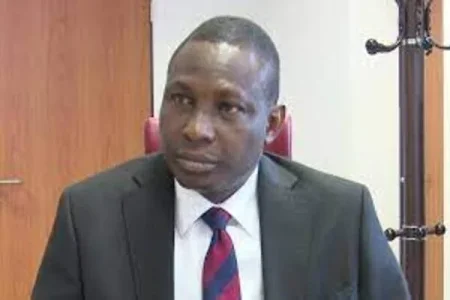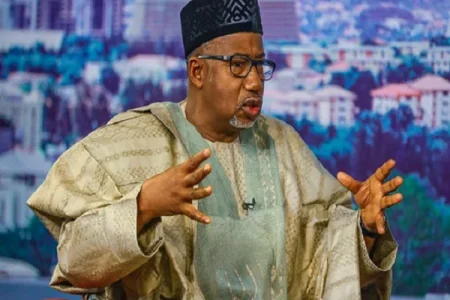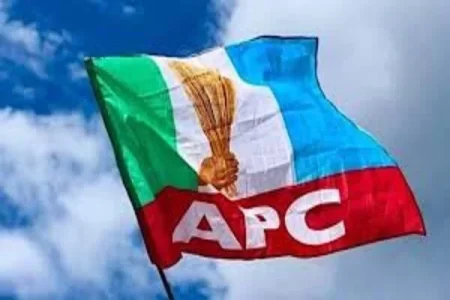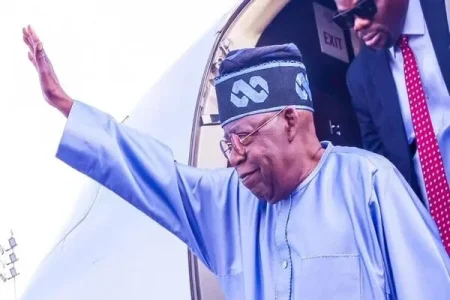
In an unexpected turn of events, the Economic and Financial Crimes Commission (EFCC) found itself entangled in a web of misinformation over the weekend, erroneously posting on its official Instagram page that former Petroleum Minister Diezani Alison-Madueke had admitted to stealing $9 billion and sought clemency from President Bola Tinubu for a return to Nigeria.
The false report, which quickly gained traction on social media, alleged a confession from Alison-Madueke and depicted a plea to Tinubu for leniency. The post was shared widely before being abruptly taken down by the anti-graft agency, leaving the public puzzled and demanding an explanation.
EFCC spokesperson Dele Oyewale, caught off guard by inquiries from the media, disavowed any knowledge of the misleading information. "There is nothing like that. Whatever is not signed by me is not from us," Oyewale stated, distancing the agency from the falsified claims. Pressed further on how such misinformation found its way to the agency's Instagram page, Oyewale could only offer, "I didn’t send anything. That’s what I will tell you."
The incident adds the EFCC to the list of government agencies recently implicated in spreading fake news. The EU election observer report had previously identified members of the All Progressives Congress, including Festus Keyamo, the Minister of Aviation, as prominent purveyors of misinformation during the 2023 presidential election.
Diezani Alison-Madueke, who served as the Petroleum Minister between 2010 and 2015 under President Goodluck Jonathan, is currently facing trial in the United Kingdom on bribery allegations. Her October appearance before Westminster Magistrates Court saw her granted bail upon meeting specified conditions, including a £70,000 surety. The EFCC reiterated that while she faces bribery charges in the UK, separate charges related to money laundering await her in Nigeria.
As public trust in government agencies comes under scrutiny, this incident raises questions about the authenticity of information disseminated by official channels and highlights the broader challenges of combating misinformation in an era where social media plays a pivotal role in shaping public opinion. The EFCC's misstep underscores the imperative for increased vigilance and accountability in the dissemination of news, particularly when it involves high-profile figures entangled in legal proceedings




